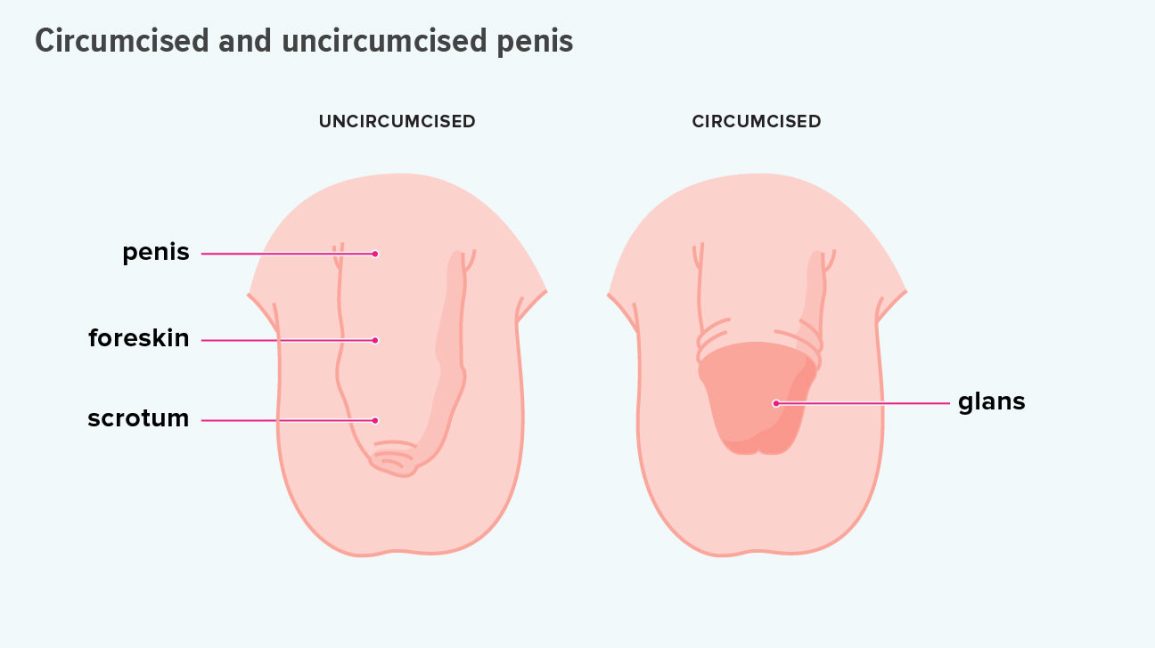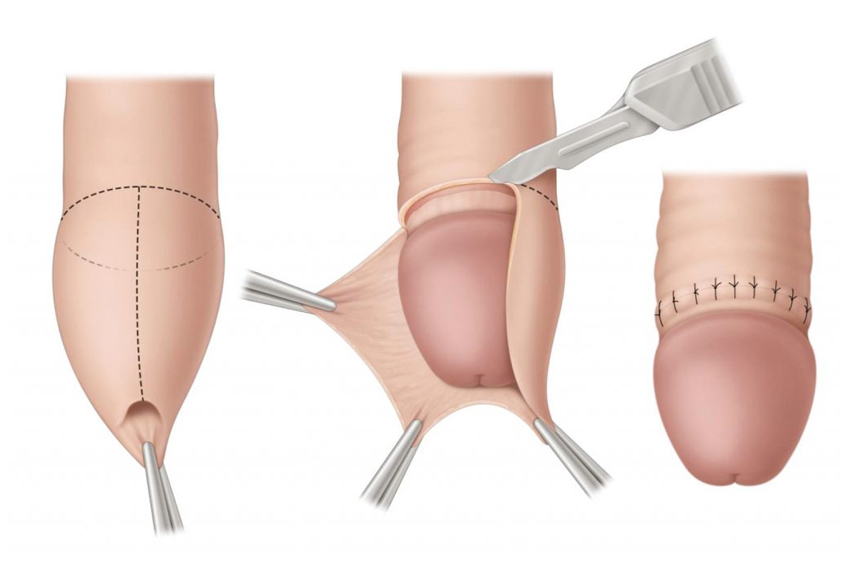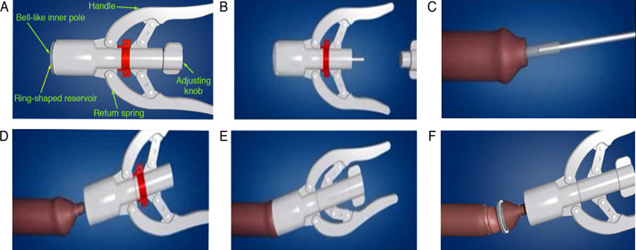KSR Stapler Circumcision Surgery in Kukatpally, Hyderabad
What are the
benefits of circumcision?
There is some evidence that circumcision has health benefits, including:
- A decreased risk of urinary tract infections.
- A reduced risk of some sexually transmitted diseases in men.
- Protection against penile cancer
- Prevention of balanitis (inflammation of the glans) and balanoposthitis (inflammation of the glans and foreskin).
Circumcision also makes it easier to keep the end of the penis clean. Good hygiene can help prevent certain problems with the penis, including infections and swelling, even if the penis is not circumcised. Circumcisions do not replace the need for condom use during sex to prevent STDs.
Surgery Options for Circumcision
OPEN / KSR Stapler Circumcision
Treatment Range Hospitals
Advanced Methods for Circumcision
A safe and straightforward procedure called Stapler Circumcision involves the use of a device similar to a gun, which your doctor will use to perform the surgery in just 20 minutes. Compared to traditional surgery, Stapler Circumcision is a much safer and simpler option.
Video Gallery
FAQ's
Can circumcision help prevent cancer?
There is little evidence of this. Circumcision in childhood – but not as an adult – may reduce the risk of penile cancer but this disease is very rare anyway and the real risk factors are poor personal hygiene and smoking. Indeed, the countries with the highest rates of circumcision (INDIA AND USA, for example) are also those with the highest rates of penile cancer.
Can circumcision reduce the risk of a sexually transmitted infections (STI) or HIV/AIDS?
Another controversial area. Some sexually transmitted infections appear more common in uncircumcised men, others in circumcised men.
According to AIDS, the international not-for-profit health organization the Cochrane Collaboration has reviewed all the research into circumcision and HIV and concluded that there is insufficient evidence to support the idea that circumcised men have less chance of contracting HIV. However, it should be said that not all scientists agree with this.
Is circumcision safe?
It is generally accepted that there are serious complications in perhaps 2% of medical circumcisions — 1 in 50. (Figures are obviously higher if the surgeon or hygiene practices are below hospital standard.) Complications include bleeding, infection, ulceration and psychological and sexual problems.
The operation is generally carried out under local anaesthetic for boys and general anaesthetic for men. Usually, the patient is discharged the same day but many describe the operation and its aftermath as painful.
Is it reversible?
Some men think so. There are videos and packs available which claim to show circumcised men how to restore themselves but these should be approached with caution.
How can I avoid a tight foreskin?
You’ll like this one. There’s one very easy way. A study in the British Journal of Sexual Medicine in 1997 of men aged 18-22 found that those with a tight foreskin either never masturbated or used an unusual technique. Once they did masturbate in a more conventional way (ie. an up and down motion mimicking sex), the problem righted itself in a few weeks.








